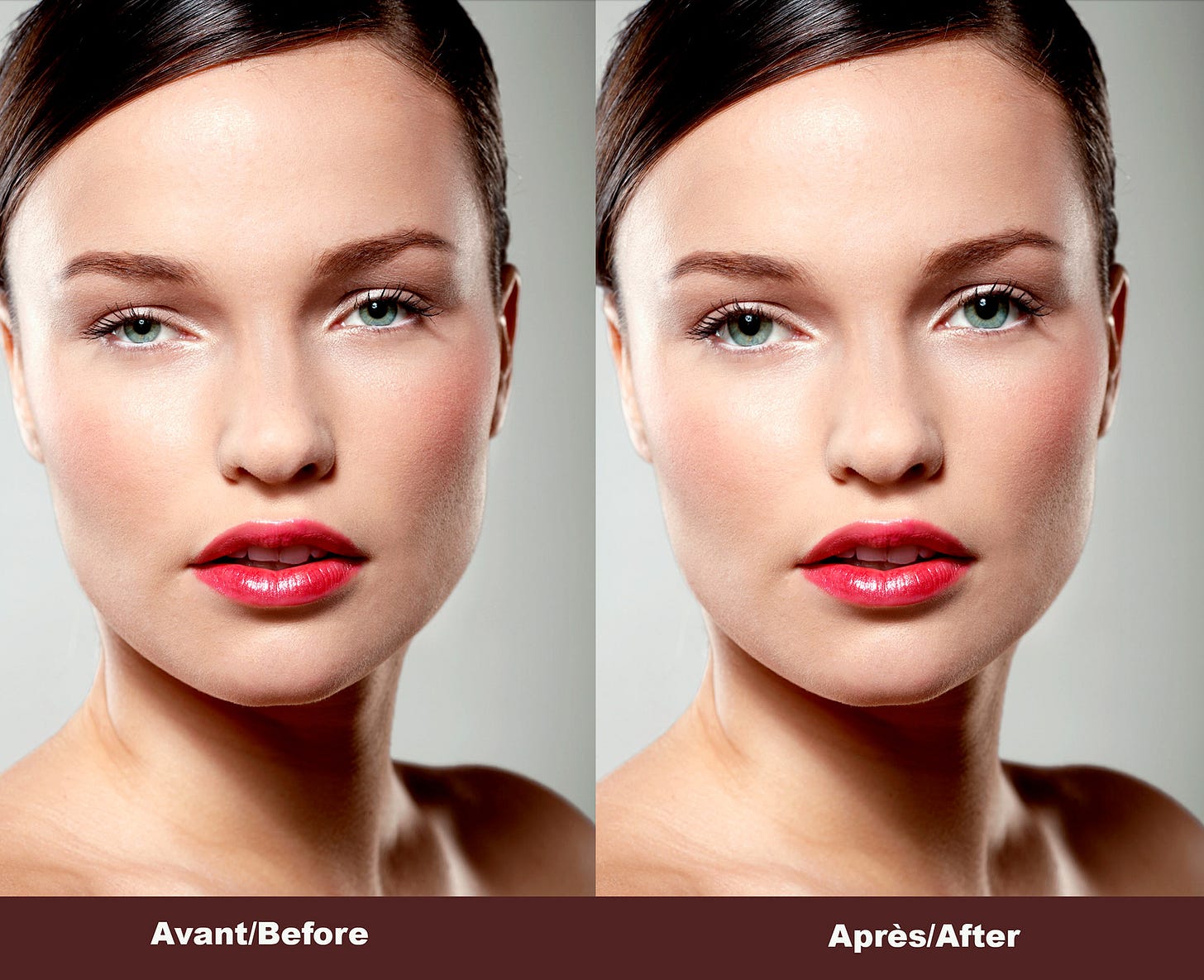19 January 2022. Technology | Scale
The worst technology innovations of 2021. All the way out to the edge of the universe.
Welcome to Just Two Things, which I try to publish daily, five days a week. Some links may also appear on my blog from time to time. Links to the main articles are in cross-heads as well as the story.
#1: The worst technology innovations of 2021
What’s not to like about an MIT Technology Review article that calls out the worst technology innovations of 2021? Apparently they do this annually, although I’ve not seen previous editions. These are, they say,
the Eurekas we wish no one had ever had, the inventions spawned by the dark side of the human intellect.
Think hubris, schadenfreude, greed or ethical malfunctions. As ever I’m going to pick out two of them and namecheck quickly the rest.
So the first one of these is the Alzheimer’s drug developed by Biogen. As the Review article says, effective health innovation should be “inexpensive, safe, and effective.”
The Biogen product, Aduhelm, fails, spectacularly, on all of these counts:
(It) went on sale in June in the US at a yearly cost of around $56,400, without much evidence it helps patients, but with substantial risk of serious brain swelling.
And it turns out that Aduhelm flopped in a large scale trial with humans, but the Food and Drug Administration went right ahead and approved it anyway. (There’s more on the approval process if you can get around the New York Times paywall). Several of the agency’s expert advisers resigned as a result.
Apart from the cost, the reason I’ve picked this out is because the evidence in the drug’s favour is so weak:
Yes, we need new treatments for Alzheimer’s. But this approval marked a concerning trend toward approving drugs using a weaker type of evidence known as “surrogate markers.” Because Aduhelm causes a measurable reduction in brain plaques—a marker of dementia—the FDA concluded there was “reasonable likelihood” it would benefit patients. One problem with such guesswork is that no one knows whether these plaques cause disease or are just among its symptoms.
Fortunately, perhaps, sales are poor, since at least one person has died from brain swelling. Since then, Biogen has cut the price of the drug by half and its research chief has resigned.
(Image by Sultana Anajar; ‘Photoshop’ project on behance.net)
The second one is ‘beauty fillers’—augmented reality apps that allow people to improve their looks in digital images. Of course, we don’t really mean ‘people’ here—we mean young women, who are a central market for this kind of app:
Beauty apps are available on Snapchat, TikTok, and Meta’s Instagram—and millions are using them. Meta has already barred some apps that encourage extreme weight loss or plastic surgery, acknowledging some problems. But this year a whistleblower, Frances Haugen, stepped forward to say that Zuckerberg’s company had further data showing that addictive use of Instagram—constantly posting images, seeking likes, and making comparisons—“harms children” and creates “a toxic environment for teens.”
So—and this isn’t a comparison that the article makes—this is a bit like an alcoholic drinks company selling brightly coloured spirits in bottles that look like soft drinks bottles and then saying that they are a responsible producer when critics point out that the product has a high incidence of under-age binge drinking.
Of the other three, one has to make you laugh. The US online real estate broker Zillow bought properties against its own online house price calculator, and then discovered that the calculator tended to inflate anticipated prices. They were left holding a lot of houses whose market value was below what Zillow had paid for them. A lot? So many of them that the company had to take a $500 million write off on its balance sheet and lay off 2,000 people.
The other two technologies that the Review article is down on are, first, ransomware, which hit record levels in 2021, with, they say, 500 million attacks. And second, space tourism:
Now a snapshot floating above planet Earth is what’s on the wish list for a few billionaires and their buddies... It’s all about an exclusive experience. But, likes lots of favorite tourist spots, it could soon get crowded up there.
#2: All the way out to the edge of the universe
Four decades ago the designers Charles and Ray Eames made a short film on how big the universe was, called Powers ofTen. It started at a human scale and very rapidly accelerated away.
It’s a famous film, but astronomy has moved on a bit since then, so the BBC and the Open University remade it with the soft-spoken celebrity astronomer Brian Cox talking us through what we’re seeing at each power of ten, out to the furthest reaches of the universe. (My thanks to the Dense Discovery newsletter for the link.)
As an extended aside, I try to stay away from the private grief of day-to-day British politics here. But: only our present Conservative government could come to the conclusion that the best way to rally support for their beleaguered leader—under the ludicrously named “Operation Save Big Dog”—was to effectively promise to close the BBC. And: only our present generation of centrists and leftists could more or less shrug because they consider that BBC News (actually a tiny bit of what the BBC does) has been too compliant to the government in recent years.
I co-wrote a book about the BBC about three decades ago with the Westminster University academic Steve Barnett, and what I took away from that is that the BBC is one of the great cultural institutions of the world. You don’t know what you’ve got ‘til it’s gone. I’ll maybe come back to this another time.
But videos like this one kind of make this point rather more quickly. It’s about seven minutes long.
j2t#246
If you are enjoying Just Two Things, please do send it on to a friend or colleague.



